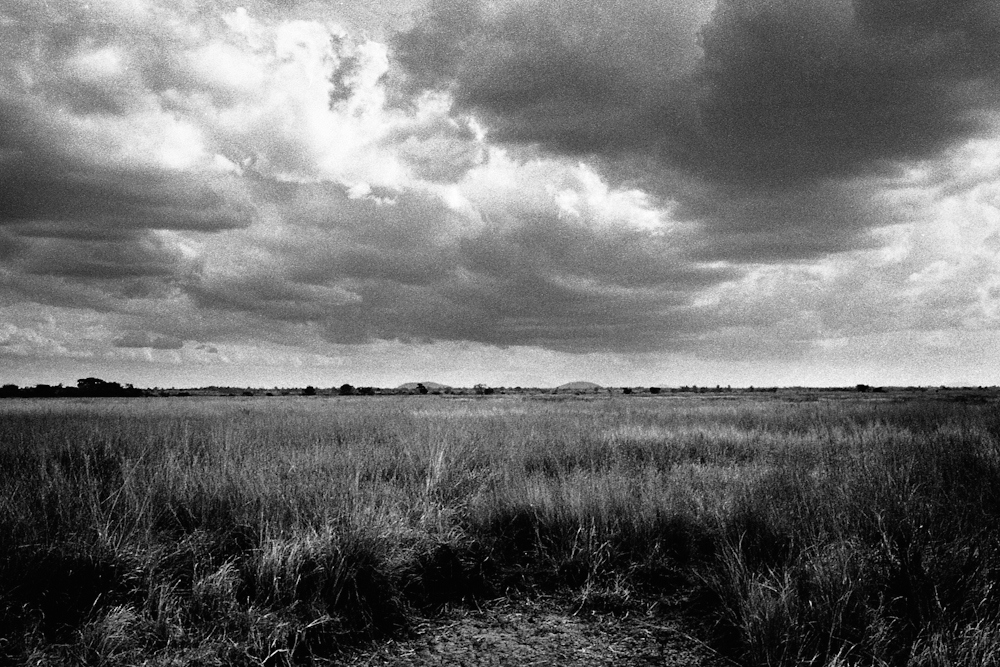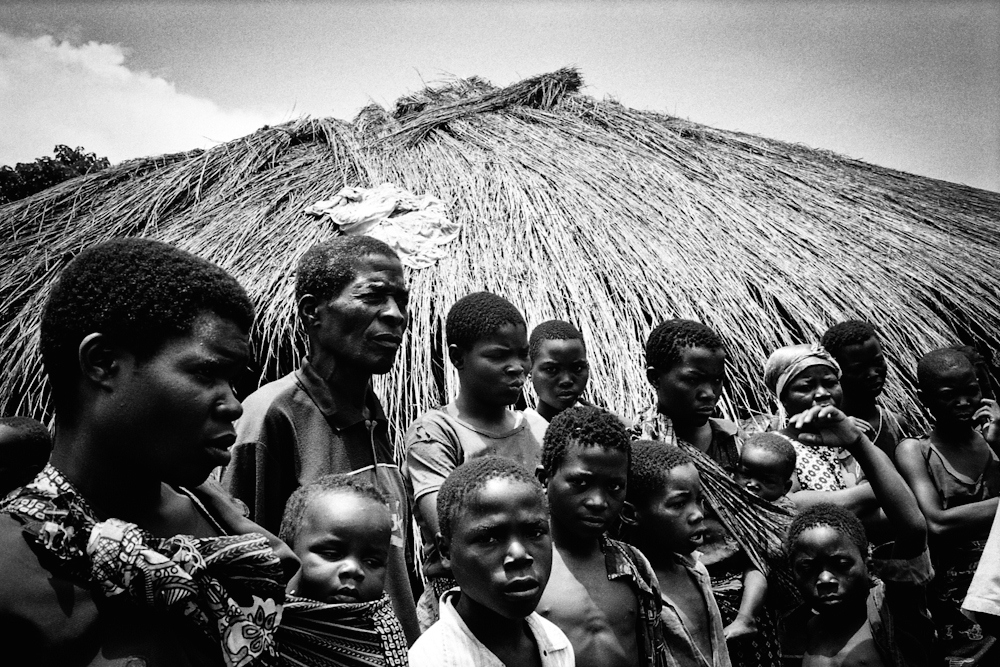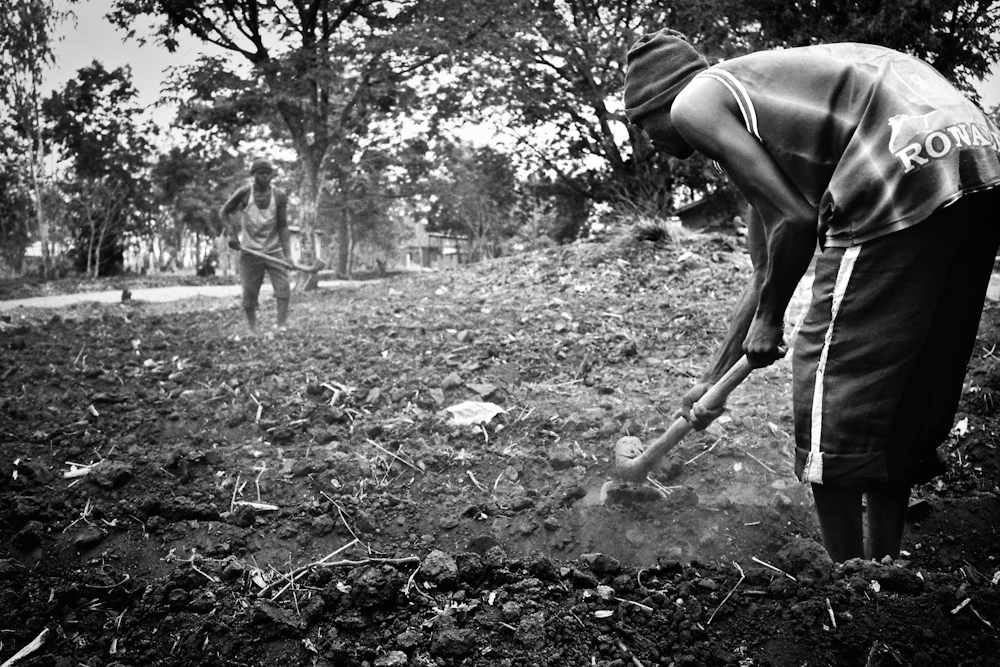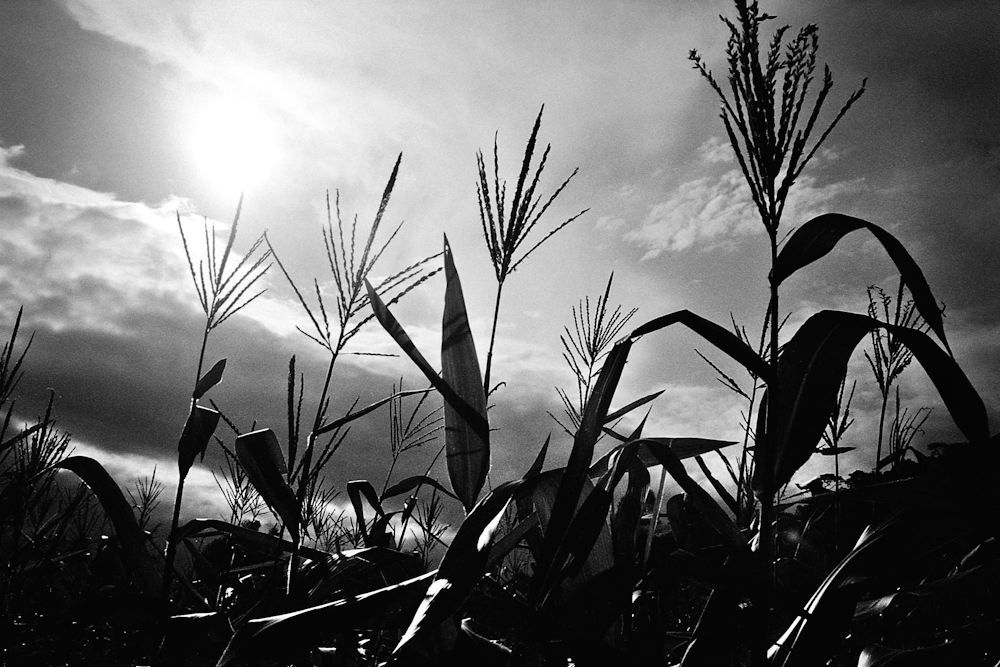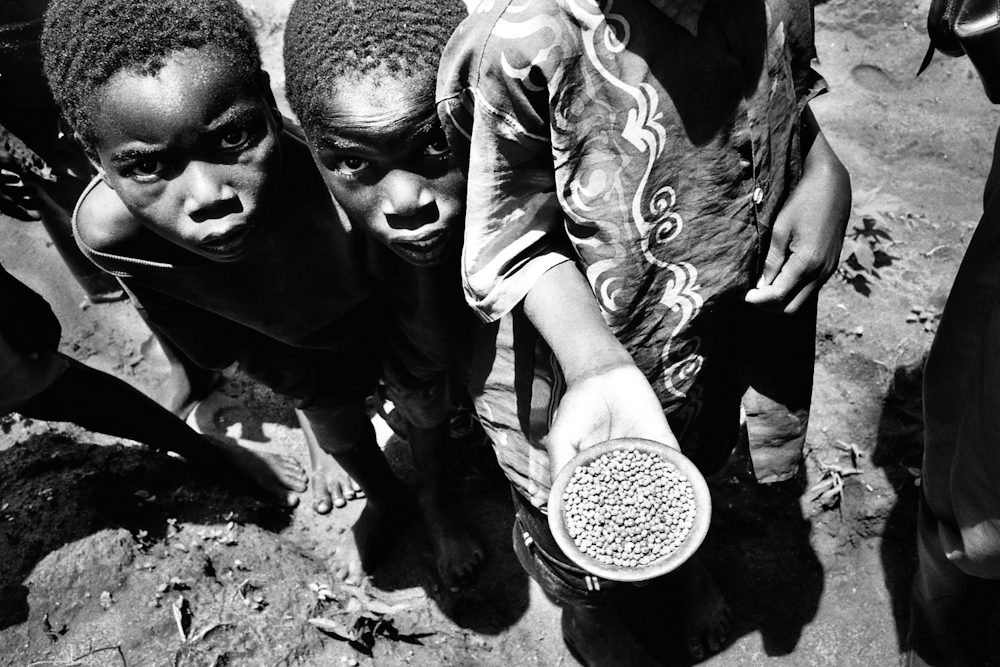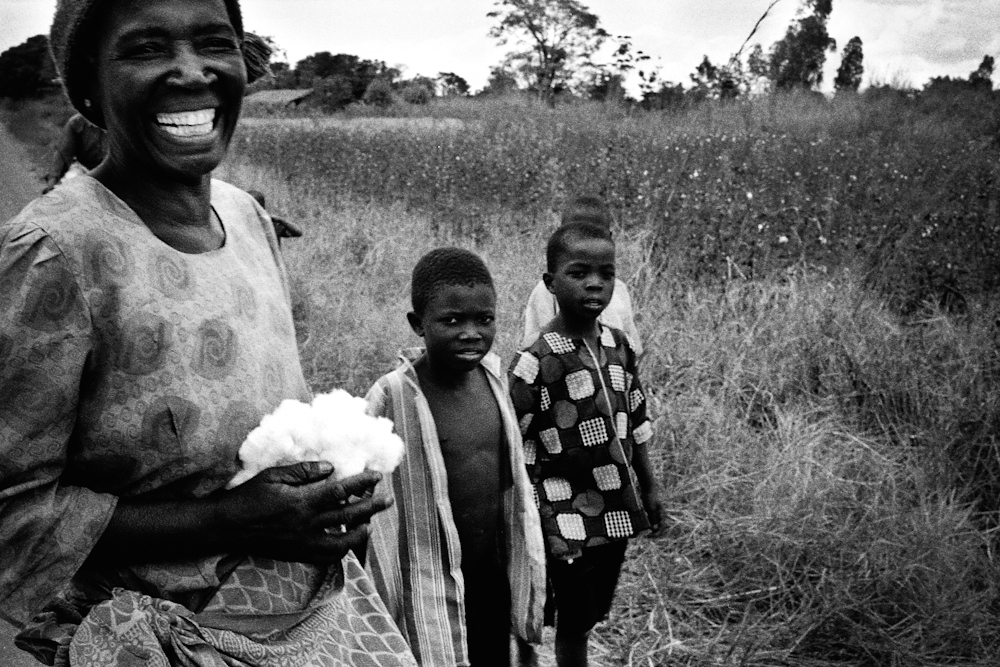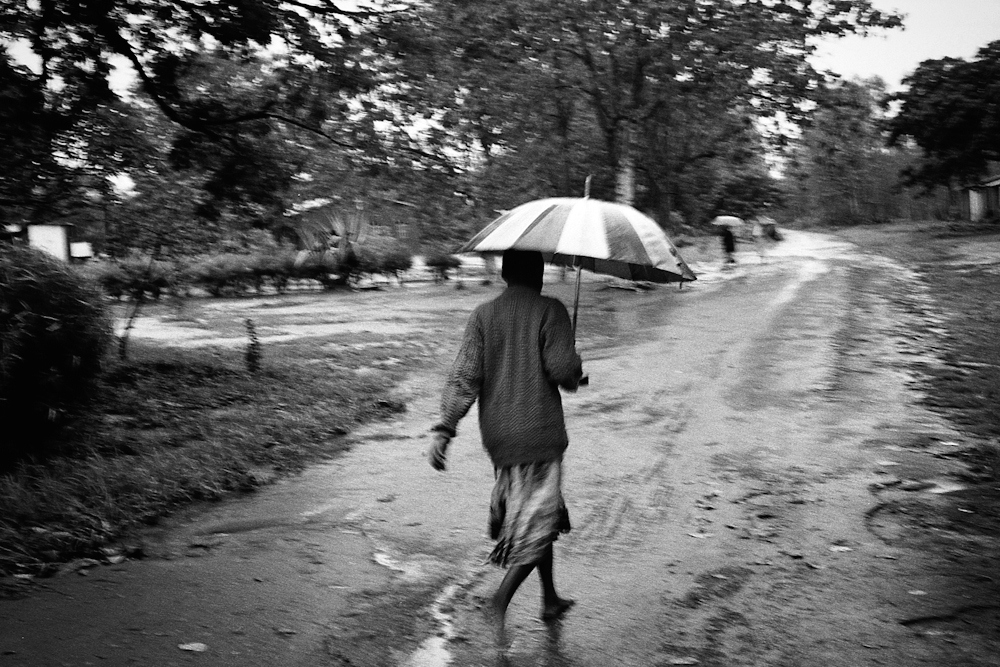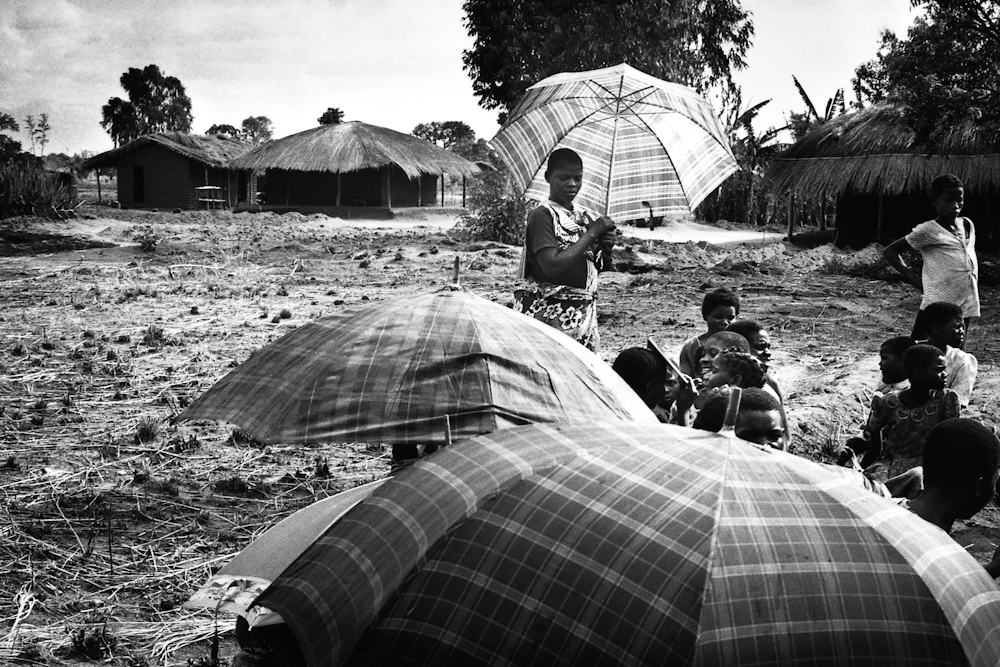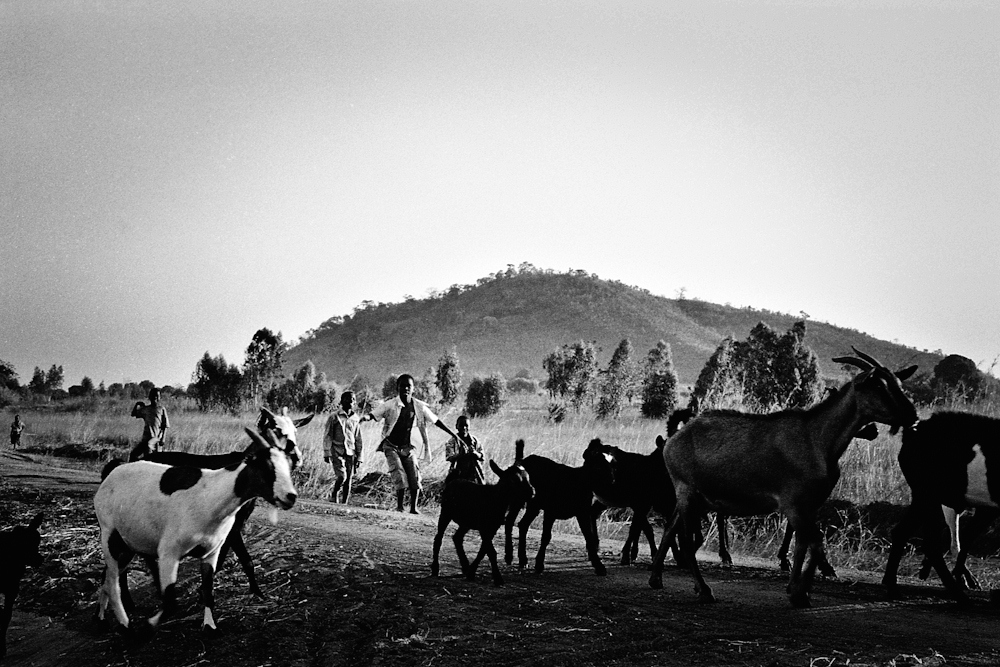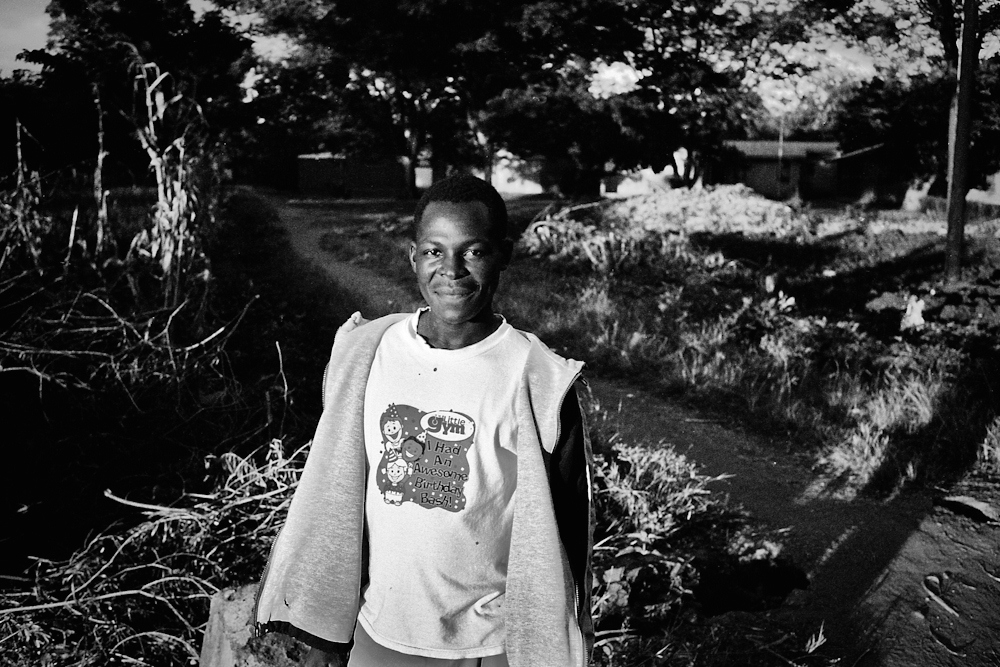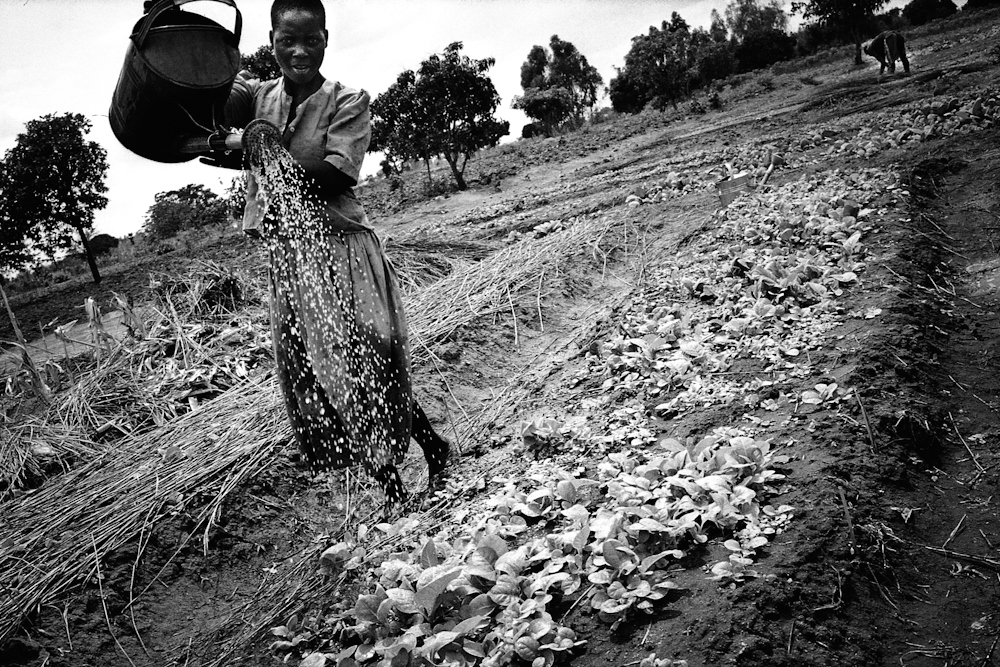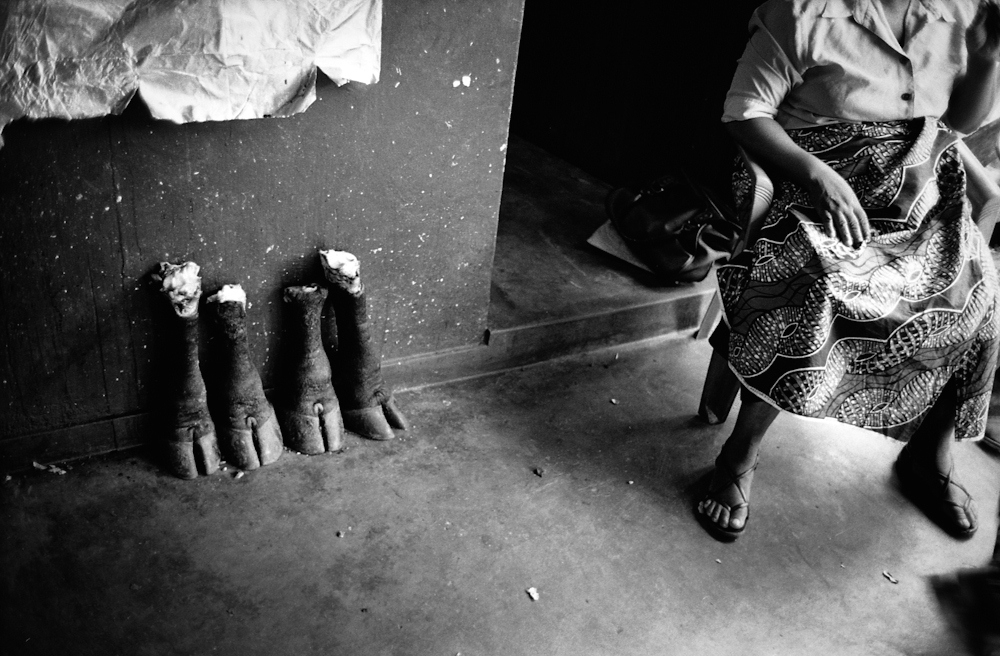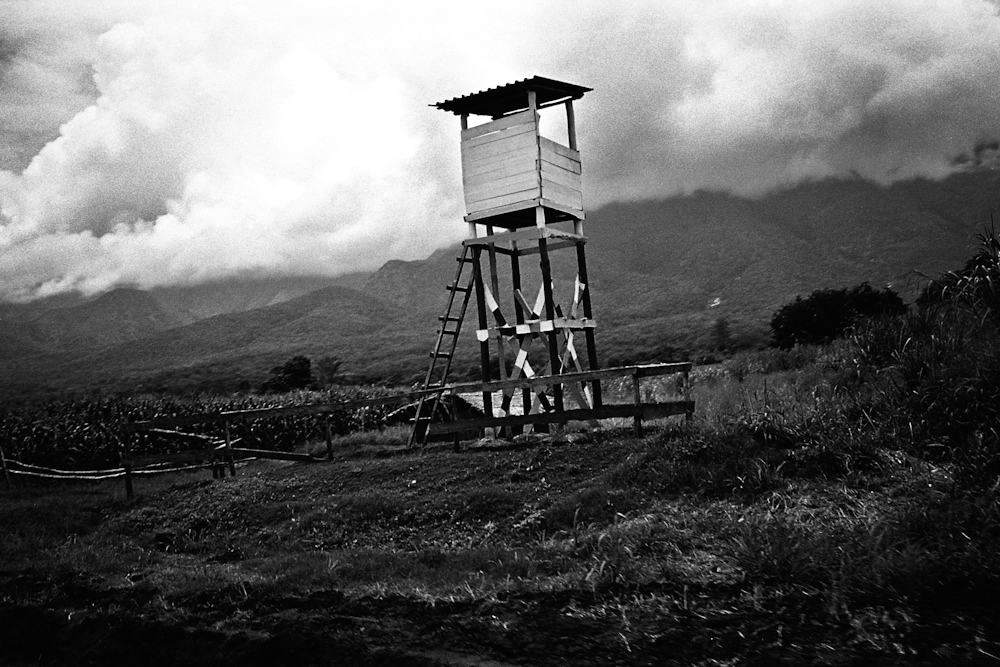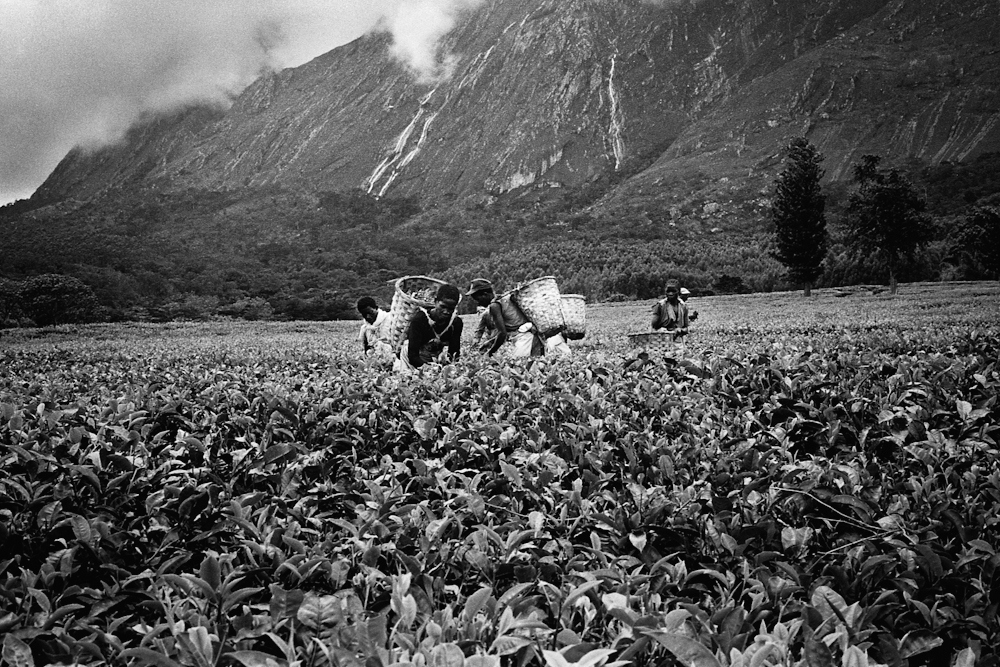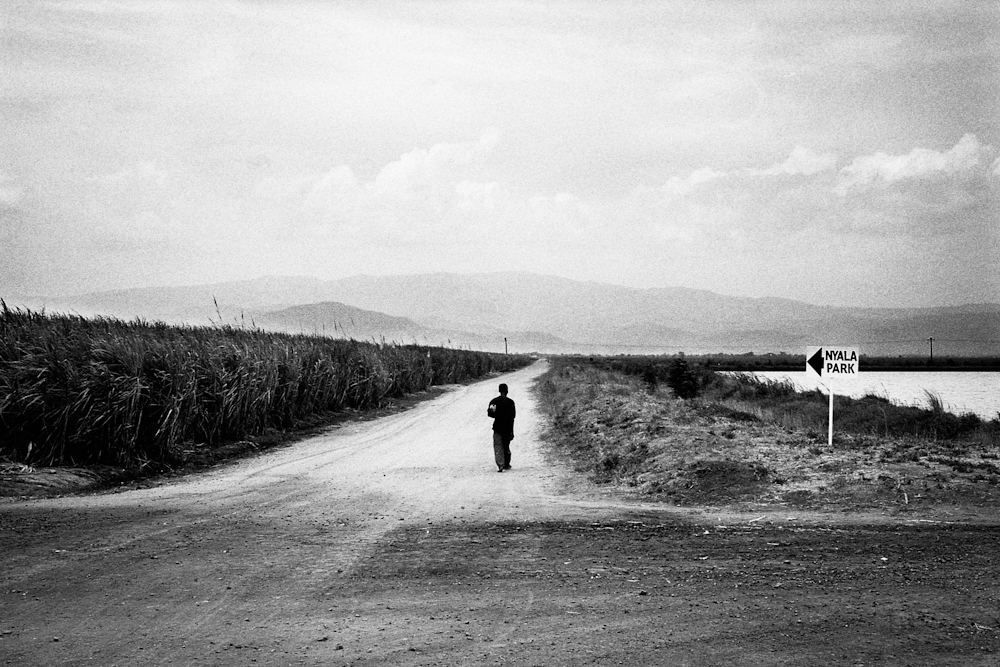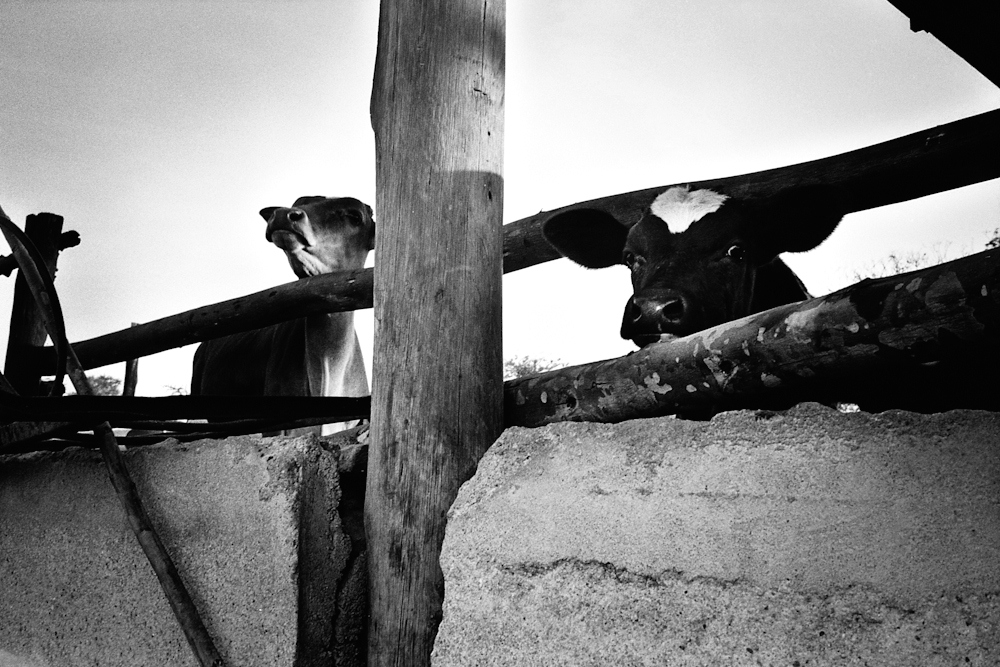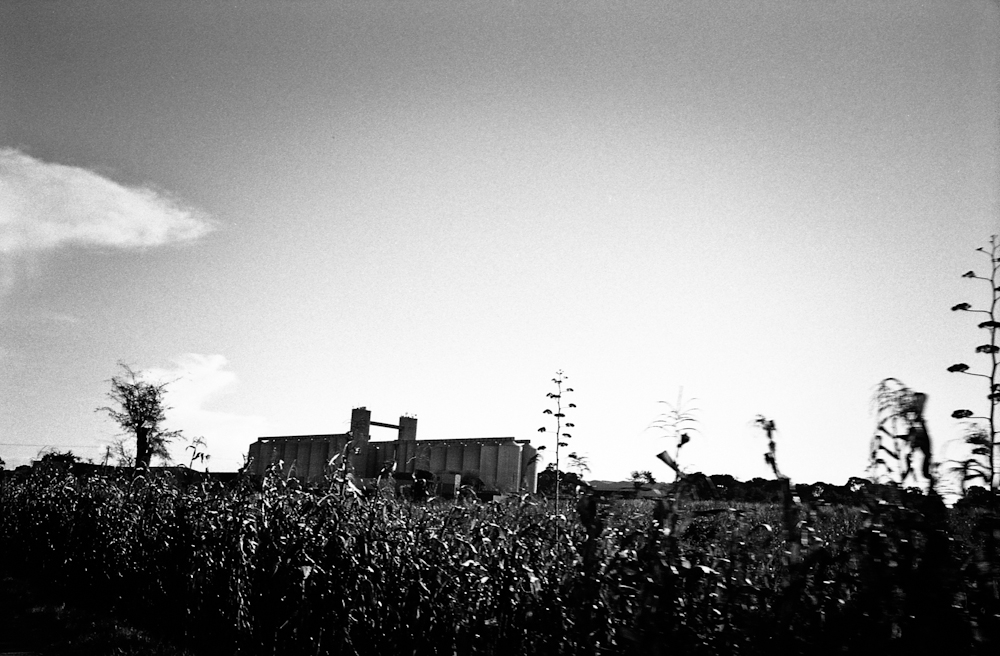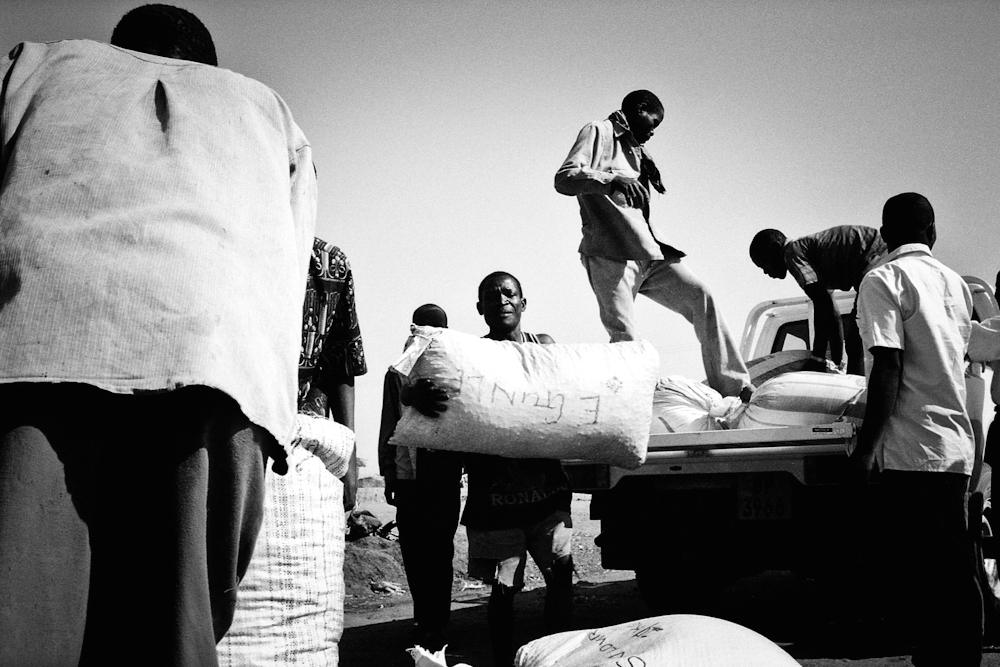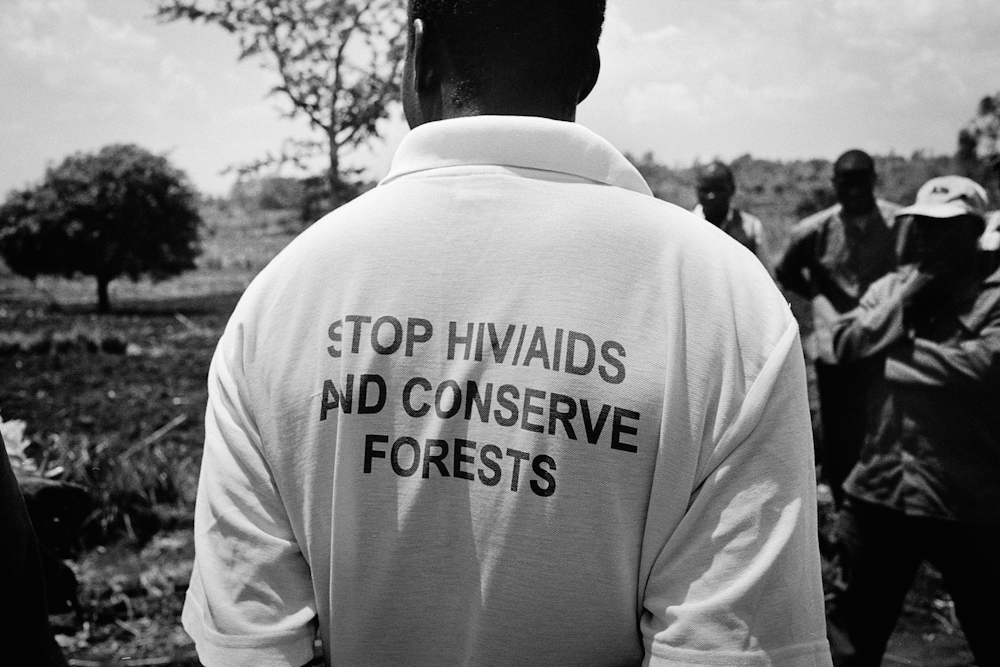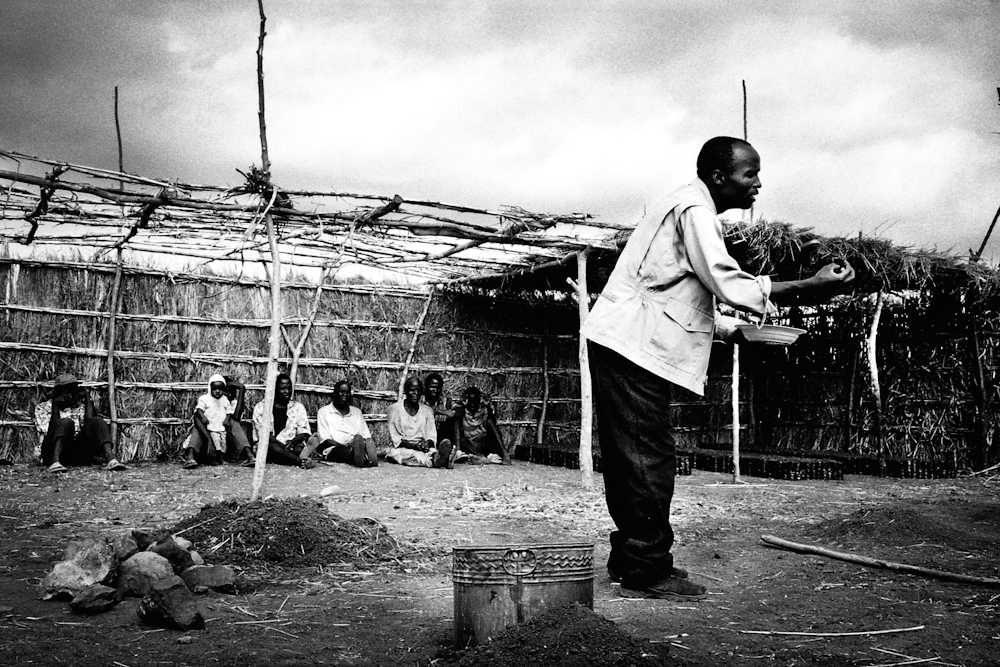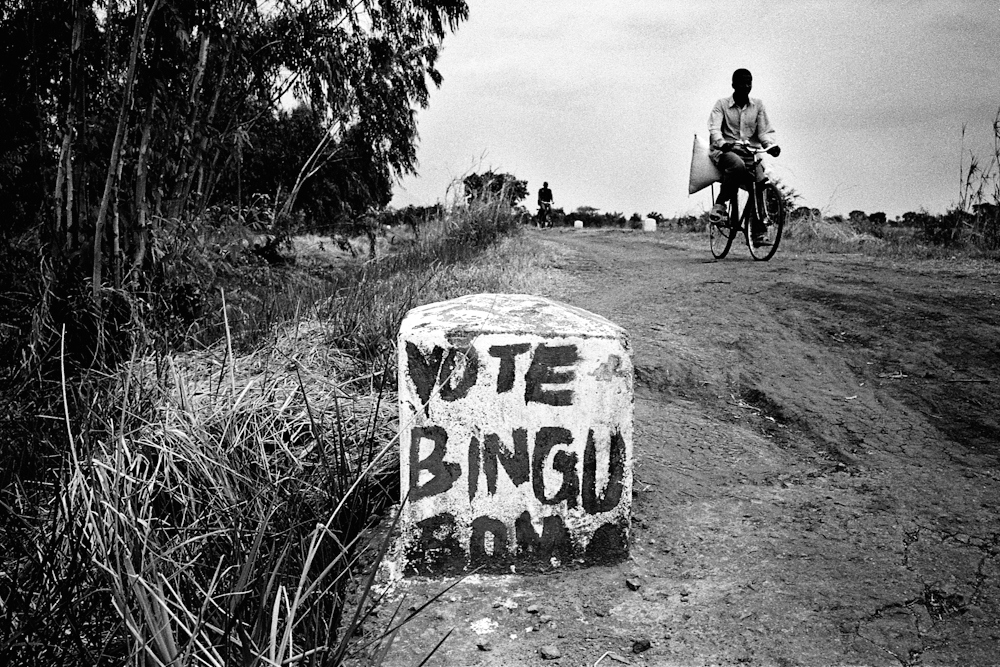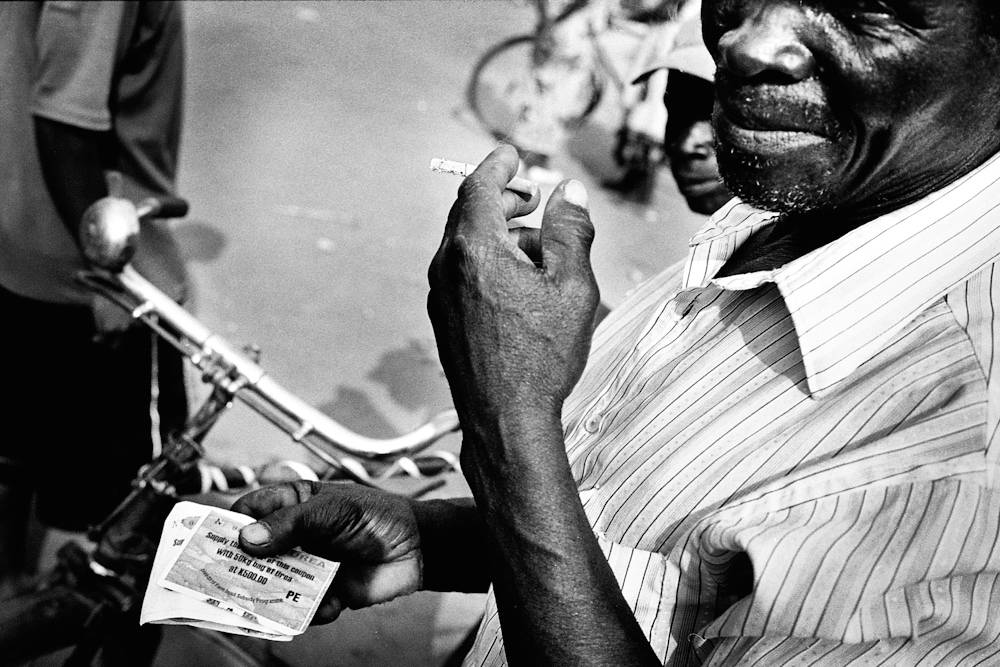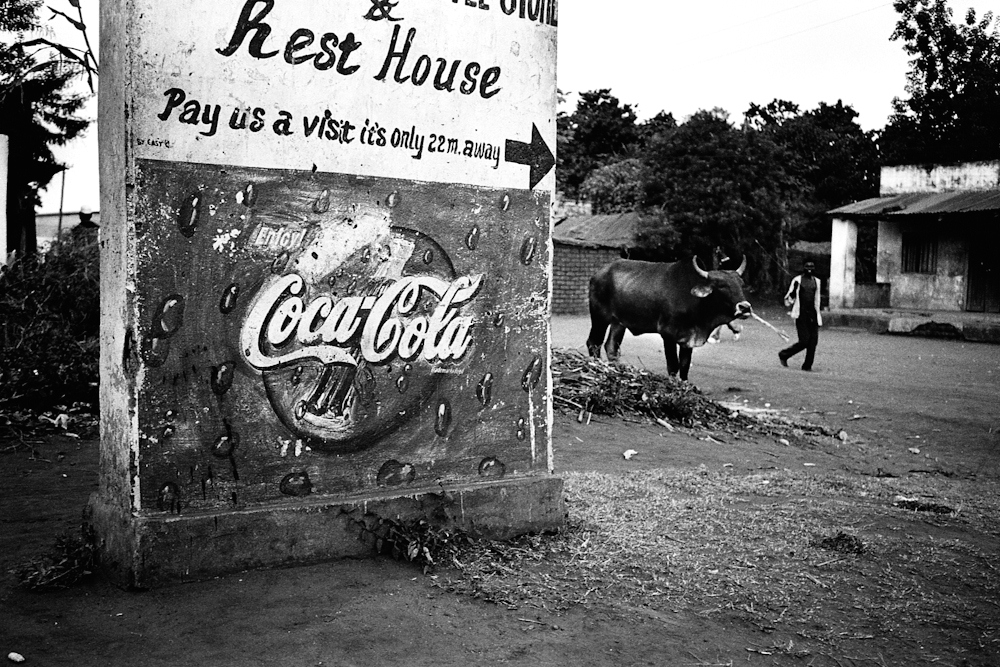Ferteleza: Malawi's agricultural policy
With the appointment of Dr. Bingu Wa Mutharika, the President of the Republic of Malawi, as leader of the African Union in early 2010, this small isolated country in Southern Africa emerged as a key player in the development of the continent.
Agriculture is the mainstay of the Malawian economy, accounting for the lion's share of both jobs and exports. But it is a volatile sector divided between two very different farming models: on the one hand, family smallholdings struggling to survive; on the other, big industrialized estates. Dr. Bingu Wa Mutharika's support for smallholders incurred the wrath of the World Bank and the International Monetary Fund, but his strong agricultural policies put an end to the chronic food shortages with which Malawi was plagued in the mid-2000s and enabled the country to achieve a high level of food security − to the extent that it is now held up as a model throughout the African Union. But maintaining this stability will not be easy. The country is one of the poorest in the world, its agricultural sector is still polarized between the capitalist estates and the small farms, and Dr. Bingu's government is becoming increasingly autocratic.
Agriculture is the mainstay of the Malawian economy, accounting for the lion's share of both jobs and exports. But it is a volatile sector divided between two very different farming models: on the one hand, family smallholdings struggling to survive; on the other, big industrialized estates. Dr. Bingu Wa Mutharika's support for smallholders incurred the wrath of the World Bank and the International Monetary Fund, but his strong agricultural policies put an end to the chronic food shortages with which Malawi was plagued in the mid-2000s and enabled the country to achieve a high level of food security − to the extent that it is now held up as a model throughout the African Union. But maintaining this stability will not be easy. The country is one of the poorest in the world, its agricultural sector is still polarized between the capitalist estates and the small farms, and Dr. Bingu's government is becoming increasingly autocratic.
